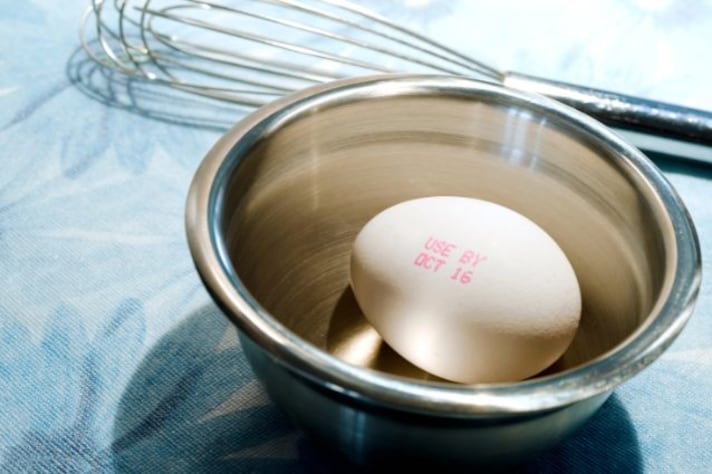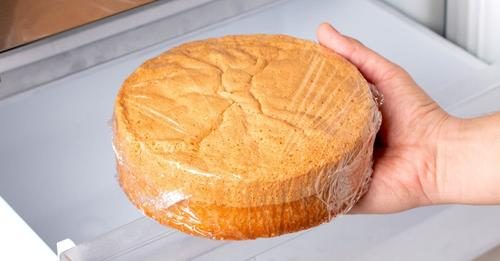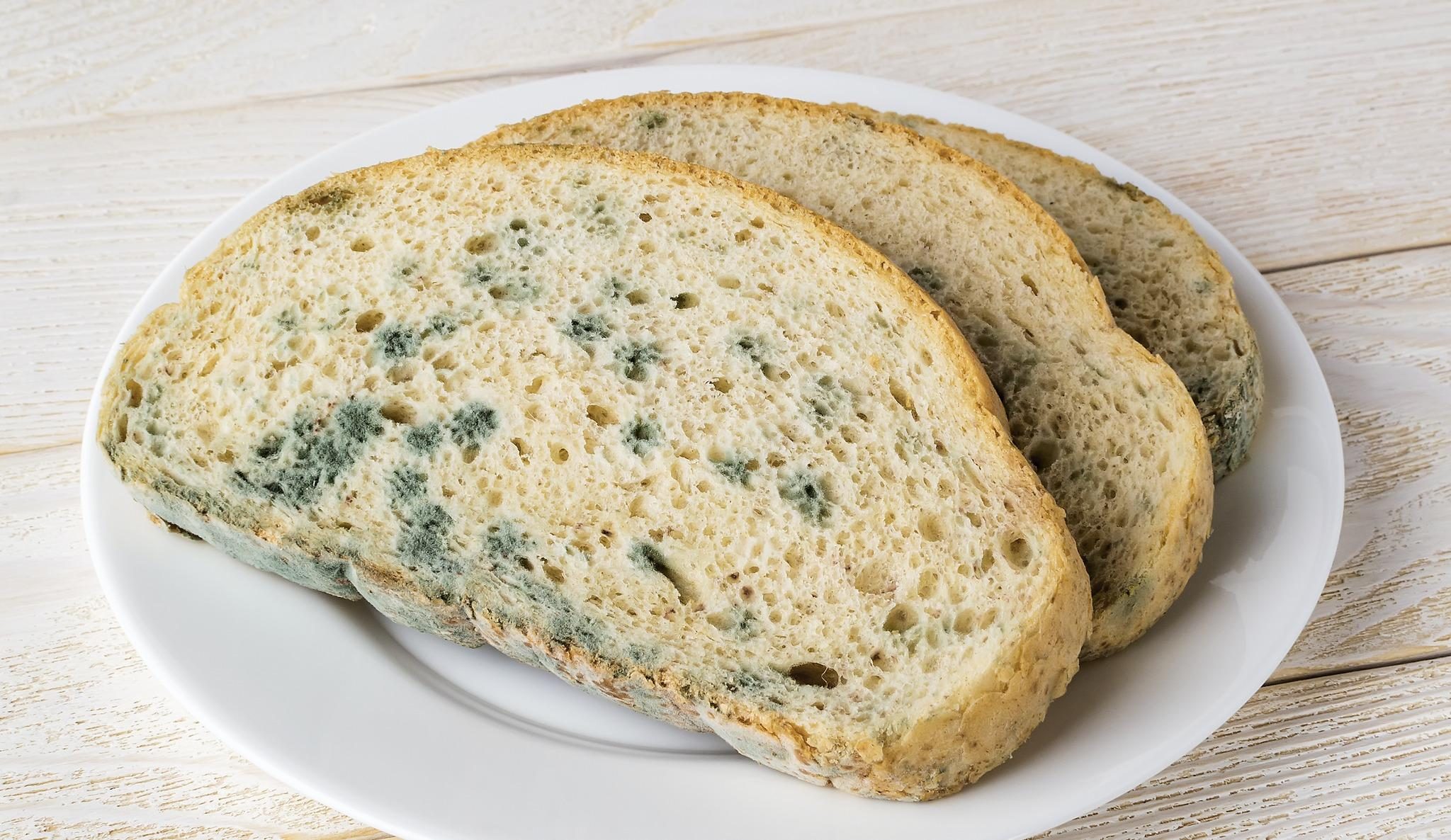How Safe Is It to Eat Food Past Its Expiration Date?
Ever spotted a “best before” date and wondered if it’s more of a suggestion than a rule? Food labels can be confusing, but eating past the expiration date isn’t always a risky gamble. Read ahead to learn which foods are perfectly fine to enjoy a little past their prime, and which ones should definitely be left behind.

Expiration dates aren’t as straightforward as they seem. Terms like "best before," "sell by," and "use by" are often misunderstood. Here’s the truth: most dates are about food quality, not safety. “Best before” indicates when a product is at its freshest, while “use by” is usually reserved for perishable items that may spoil quickly. However, in many cases, foods are safe to eat well beyond these dates, provided they’ve been stored properly.
Foods That Are Safe Past Their Expiration Date
1. Dry Goods
Items like pasta, rice, and flour have a long shelf life. As long as they’re kept dry and free from pests, they can be safely consumed for months, or even years, past their expiration date. Just check for any signs of spoilage, like an off smell or discoloration.
2. Canned Goods
Canned foods are essentially built to last. As long as the can isn’t dented, bulging, or rusted, its contents are likely still safe to eat. The quality may decline slightly over time, but those beans or soups are probably just as good as the day they were sealed.

3. Frozen Foods
Freezing halts bacterial growth, so as long as your freezer is working properly, frozen foods can be consumed safely long after the printed date. Be aware that texture and taste might suffer, but the food won’t pose a health risk.
4. Condiments and Sauces
Products like ketchup, mustard, soy sauce, and even salad dressings are often good for months beyond their printed date. Their high salt, sugar, or vinegar content acts as a natural preservative. Just give them a sniff and a taste to be sure.
5. Hard Cheeses and Fermented Foods
Cheddar, parmesan, and other hard cheeses are less likely to spoil quickly. If you see mould, simply cut it off; the rest of the cheese is likely fine. Similarly, fermented foods like yoghurt, sauerkraut, and kimchi often outlast their expiration dates due to their natural preservation process.

Foods to Avoid After the Expiration Date
1. Fresh Meat, Poultry, and Fish
These items spoil quickly and should never be consumed after their expiration date unless frozen beforehand. Always check for a sour smell, slimy texture, or discoloration.
2. Soft Cheeses and Fresh Dairy
Brie, cream cheese, and other soft dairy products are more prone to bacterial growth and should be discarded if they’re past their date. The same goes for milk—sourness is a clear sign it’s time to toss it.
3. Eggs
Eggs can sometimes last a bit past their expiration date, but it’s better to be cautious. Use the water test: place an egg in a glass of water. If it sinks, it’s safe; if it floats, it’s best to let it go.

4. Pre-Packaged Fresh Salads and Leafy Greens
These are notorious for spoiling quickly. If you notice wilting, sliminess, or a bad smell, it’s time to bin them — regardless of the date.
Waste Not, Want Not
While it’s important to be cautious, throwing out food unnecessarily contributes to waste. Learning which foods are safe to eat and how to store them properly can save you money and reduce environmental impact. For example, keeping your fridge at the right temperature (below 5°C) and storing dry goods in airtight containers can help extend their usability.
;Resize,width=767;)

;Resize,width=712;)
;Resize,width=712;)
